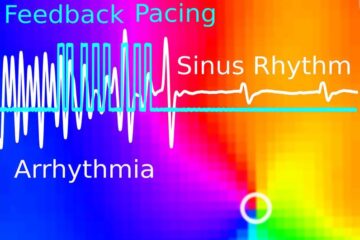A means to an end: Telomere maintenance and bone marrow failure

DC is a rare, progressive bone marrow failure syndrome that is fatal early on in life. Working with cells derived from DC patients, Drs. Wong and Collins demonstrate that X-linked DC cells are unable to renew themselves because they cannot maintain sufficiently long telomeres to support proliferation.
The researchers go on to show that these defects in telomere maintenance are caused by a reduction in telomerase RNA, rather than a deficiency in ribosome biogenesis, as some other groups have hypothesized. Dr. Collins is hopeful that “our studies to understand disease mechanism will aid ongoing clinical efforts to develop disease therapies.”
Media Contact
More Information:
http://www.cshl.eduAll latest news from the category: Life Sciences and Chemistry
Articles and reports from the Life Sciences and chemistry area deal with applied and basic research into modern biology, chemistry and human medicine.
Valuable information can be found on a range of life sciences fields including bacteriology, biochemistry, bionics, bioinformatics, biophysics, biotechnology, genetics, geobotany, human biology, marine biology, microbiology, molecular biology, cellular biology, zoology, bioinorganic chemistry, microchemistry and environmental chemistry.
Newest articles

Wildfire danger to increase due to climate change
WSL Institute for Snow and Avalanche Research (SLF) researchers expect an elevated wildfire danger in the Alpine Foreland from 2040 onwards due to changing meteorological conditions. The danger currently remains…

Advanced Brain Science Without Coding Expertise
Researchers at Helmholtz Munich and the LMU University Hospital Munich introduce DELiVR, offering a new AI-based approach to the complex task of brain cell mapping. The deep learning tool democratizes…

Gentle defibrillation for the heart
Using light pulses as a model for electrical defibrillation, Göttingen scientists developed a method to assess and modulate the heart function. The research team from the Max Planck Institute for…





















